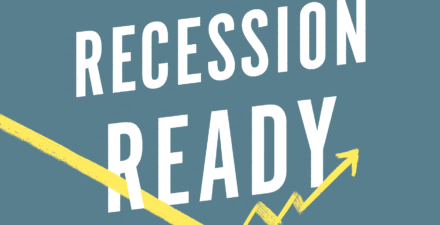Short-term fluctuations in family incomes and in workers’ earnings have consequences not only for family economic wellbeing but also for the health of the broader U.S. economy. Equitable Growth serves as a hub for researchers working on defining levels and trends in U.S. family income and earnings volatility, connecting the dots between these metrics and outcomes for a variety of social policies and programs while simultaneously growing the evidence base for how these micr0-level trends for families and individuals are impacting the strength and stability of the economy.
Featured work
A missed opportunity to expand the Child Tax Credit will affect U.S. families and the broader economy now and for years to come
December 21, 2022
December 21, 2022
Consumption volatility across the U.S. income distribution is highest among low-income workers and their families
February 3, 2022
February 3, 2022
Earnings instability and mobility over our working lives: Improving short- and long-term economic well-being for U.S. workers
February 18, 2020
February 18, 2020
Planning for the next recession by reforming U.S. automatic stabilizers
May 16, 2019
May 16, 2019
Household insecurity matters for U.S. macroeconomic stability
May 16, 2018
May 16, 2018
Explore Content in Income & Earnings Volatility184
Coronavirus recession: How to get the U.S. economy back on track
May 26, 2020
May 26, 2020
For an equitable recovery, federal relief to deal with the coronavirus recession must be transparent to the U.S. public
May 13, 2020
May 13, 2020
Coronavirus recession deepens U.S. job losses in April especially among low-wage workers and women
May 8, 2020
May 8, 2020
Global medical trade in the time of the coronavirus pandemic
May 6, 2020
May 6, 2020
Fool Me Once: Investing in Unemployment Insurance systems to avoid the mistakes of the Great Recession during COVID-19
April 30, 2020
April 30, 2020
The coronavirus recession is severe, and the damage to the U.S. economy will last years
April 29, 2020
April 29, 2020
Early lessons learned from the U.S. Small Business Administration’s first round of lending from its Paycheck Protection Program
April 23, 2020
April 23, 2020
Dealing with the U.S. economic and public health effects of the coronavirus recession compassionately and with an eye on a strong recovery
April 17, 2020
April 17, 2020
Webinar: Fighting the coronavirus recession and the path forward
May 13, 2020 2:00PM - 3:00PM
The coronavirus recession and economic inequality: A roadmap to recovery and long-term structural change
April 16, 2020
April 16, 2020
Explore the Equitable Growth network of experts around the country and get answers to today's most pressing questions!


















